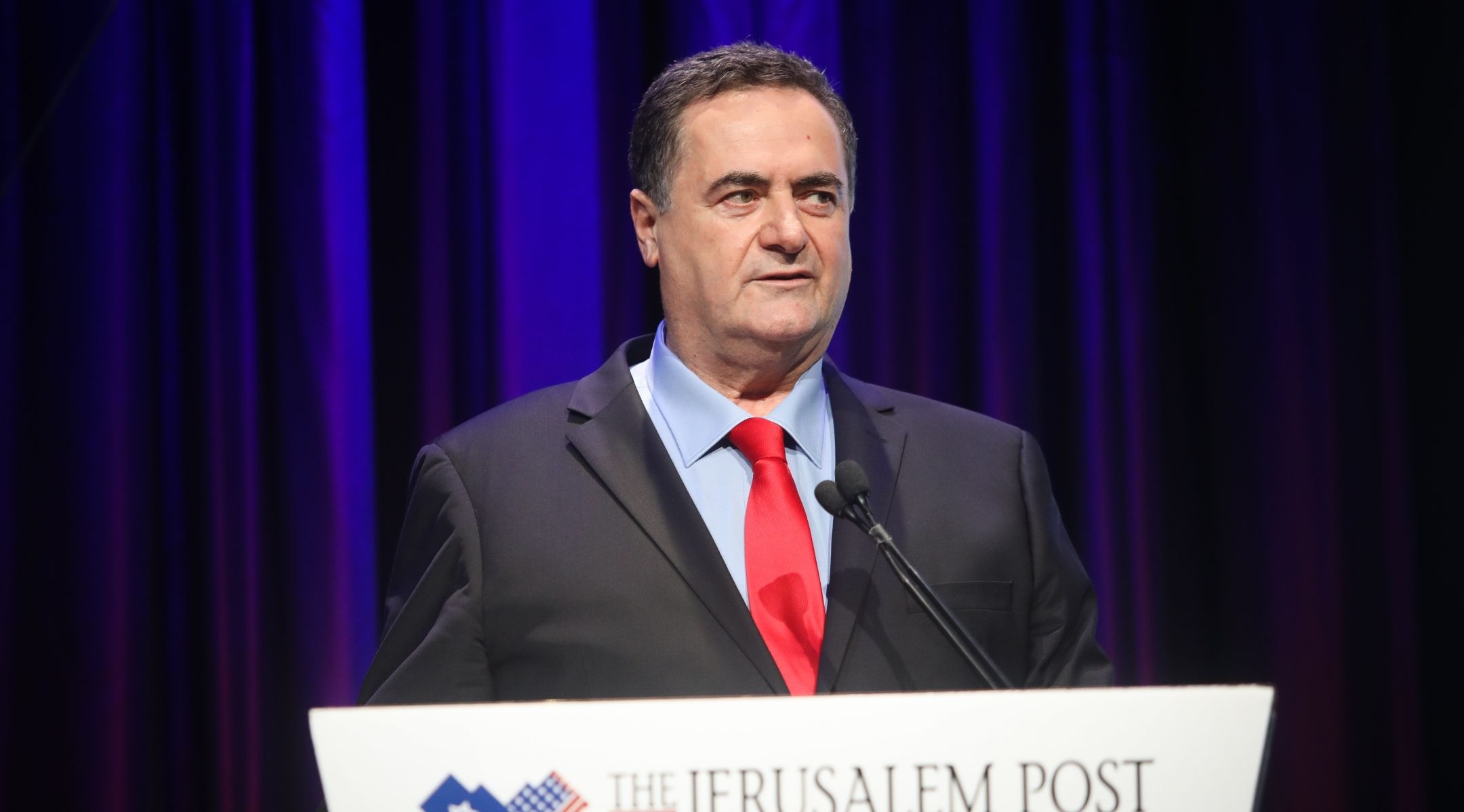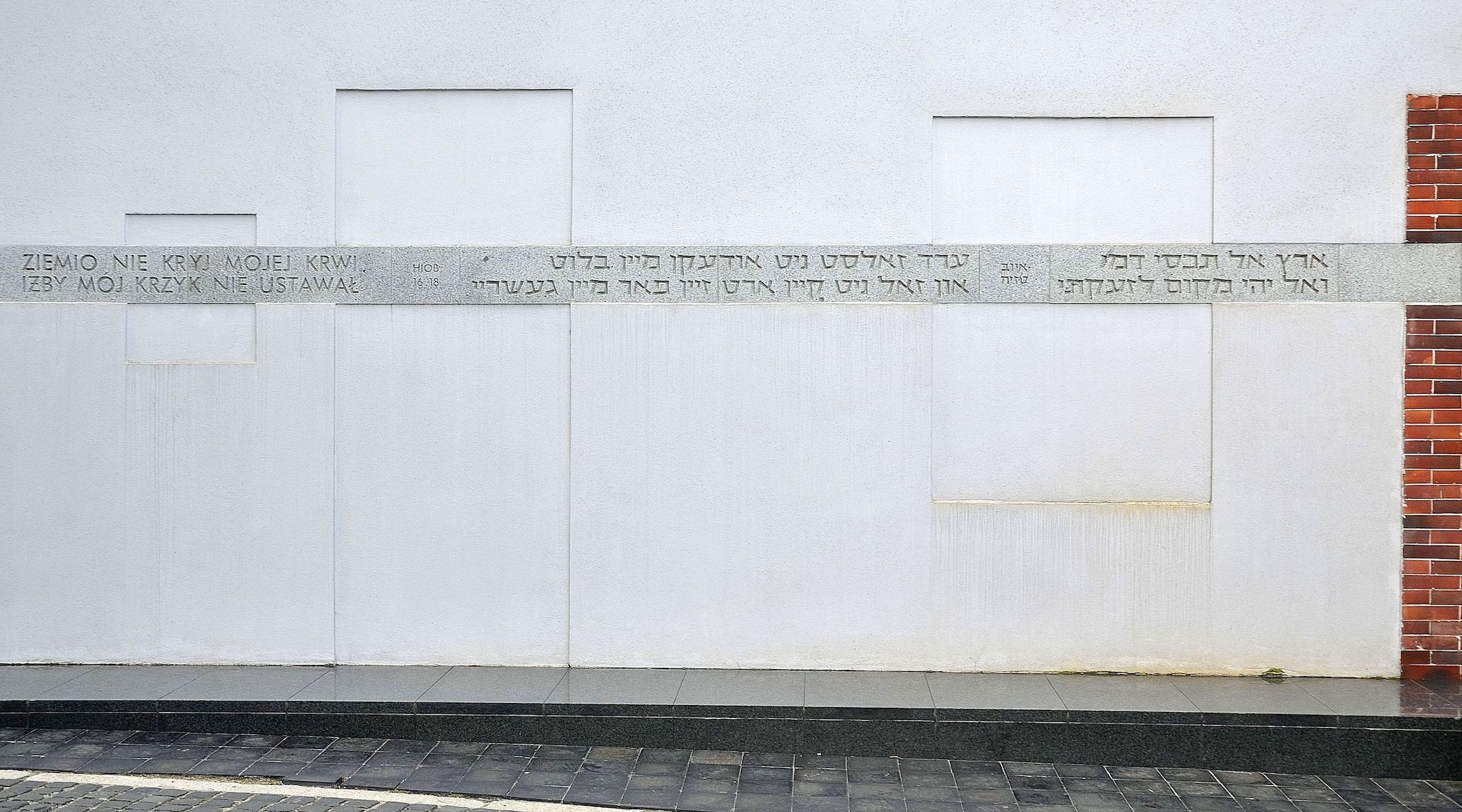Jewish devotees of the New York Times’ game Strands came in for a shock on Sunday, when the day’s puzzle offered up a Hanukkah theme — and then seemed to botch it.
Strands is a word-search game where participants identify six hidden words or phrases in a matrix of letters, including a “spangram” that stretches from one side to the other. The theme of Sunday’s puzzle was “Festival of Lights Delights,” signaling that all of the hidden words would likely have to do with Hanukkah.
But while “latkes” and “applesauce” were solutions, there were no sufganiyot or gelt to be found. Instead, the correct answers included “kugel,” “challah” and “brisket” — all traditional Jewish foods, but not ones prominently associated with Hanukkah.
What’s more, the puzzle’s spangram initially featured a spelling of Hanukkah that is not widely used: The answer that crossed the board was “Hannukah foods.” The puzzle was updated midday to reflect the more normative spelling.
The accumulated foibles had Strands aficionados kvetching.
“You mean to tell me there’s not a single Jew who works at @NYTGames they could have consulted when constructing today’s #Strands?” tweeted Oren Hayon, a rabbi in Houston.
“Challah is NOT a Hanukkah food. Brisket and kugel are Jewish cuisine, but not at all specific to Hanukkah. This is like putting ‘egg nog’ in a puzzle about Easter,” tweeted a Philadelphia user named Jeremy Rothman. “It’s just insulting. Why is this okay?”
Griping about Hanukkah representation in the public sphere can be a pastime for some American Jews, who find themselves torn between lamenting that commercialization and assimilation have turned Hanukkah into as big a business as Christmas and craving the sense of inclusion that comes from seeing shelves of menorah tchotchkes at their local Target.
But seeing a New York Times product seemingly so out of touch with Jewish culture ignited particular consternation, as the newspaper is seen by both many Jews and their adversaries as a Jewish paper, in ownership and outlook.
“I’ve seen a staggering number of Hanukkah product errors this season from big brands to small brands alike,” said Rabbi Yael Buechler, a self-appointed watchdog of “Hanukkah fails” who also produces her own Jewish products. “But I thought The New York Times would answer to a higher authority — or at least an editor.”
Buechler’s 8-year-old son is an avid Strands player and took over her social media on Sunday to lament the clumsy execution. “Come on! Just ask a Jew,” he said, eliciting sympathetic comments.
“Well said, I had a similar reaction!!” wrote Shana Cohen, a knitwear blogger from Denver.
“Just finished it and thought, really?????” responded Erica Feldman. “Whoever created today’s puzzle is clearly also in charge of making most supermarket and drugstore Hanukkah displays. Badly!”
Just how off-base the correct answers were was a matter of some debate. After all, the internet is rife with recipes for Hanukkah briskets — including one from a 2002 essay by Joan Nathan, the doyenne of Jewish cooking, in the New York Times. A meat meal wouldn’t fly for Jews who keep kosher and prefer sour cream on their potato pancakes — but that condiment didn’t exist in the puzzle’s world. (“Bold of Strands to weigh in on the sour cream-applesauce debate,” Abra Lyons-Warren, a nonprofit executive in Washington, D.C., posted on Facebook.)
Challah, too, has something of a place at the Hanukkah table. According to Jewish law, the holiday doesn’t require a festive meal, which follows a formula that includes challah. But Hanukkah, one of the most widely and publicly celebrated Jewish holidays, certainly feels festive — so a challah could easily fit the mood.
Indeed, a quick Google search for “Hanukkah challah” reveals many examples — as well as social media posts that showcase challah-themed Hanukkah gear, including one posted by Buechler last week whose shade was so subtle that even some of her own followers said in their comments that they could not detect it.
Kugel might be more of a stretch — except that evidence exists to show that early latkes were likely fried cheese pancakes, and there remains a tradition of eating dairy on Hanukkah. (The puzzle does not identify whether the kugel is question is lokshen, potato or Yerushalmi.) The kosher cookbook author and Jewish food influencer Chanie Apfelbaum this year revealed a new concoction: sweet noodle kugel latkes with raisin jam. On Sunday night, she posted that she was making them for the second time this year.
Even the original spelling of Hanukkah wasn’t definitively wrong: All English spellings of the holiday are transliterations of Hebrew, allowing for a range of defensible options.
Melissa Barsky used another possibility when summarizing the mixed feelings of many Strands players in a comment on Buechler’s Instagram post.
“Just played Strands, they definitely failed at the clues today,” Barsky wrote. “Glad they had a Chanukah themed game but wish they chose better words.”
Jews were far from the only Strands players befuddled by Sunday’s puzzle. Several non-Jews posted in online chats devoted to the game that they had discovered they knew far less about the Jewish holiday than they should. And a handful posted that they had been looking for clues related to a totally different festival of lights, one celebrated by 1.2 billion Hindus around the world.
Wrote a user on the social media platform Bluesky, “Good luck to anyone in the UK, who would probably assume the festival was Diwali. And know absolutely nothing about the actual festival in question.”
Keep Jewish Stories in Focus.
JTA has documented Jewish history in real-time for over a century. Keep our journalism strong by joining us in supporting independent, award-winning reporting.









 English (US) ·
English (US) ·